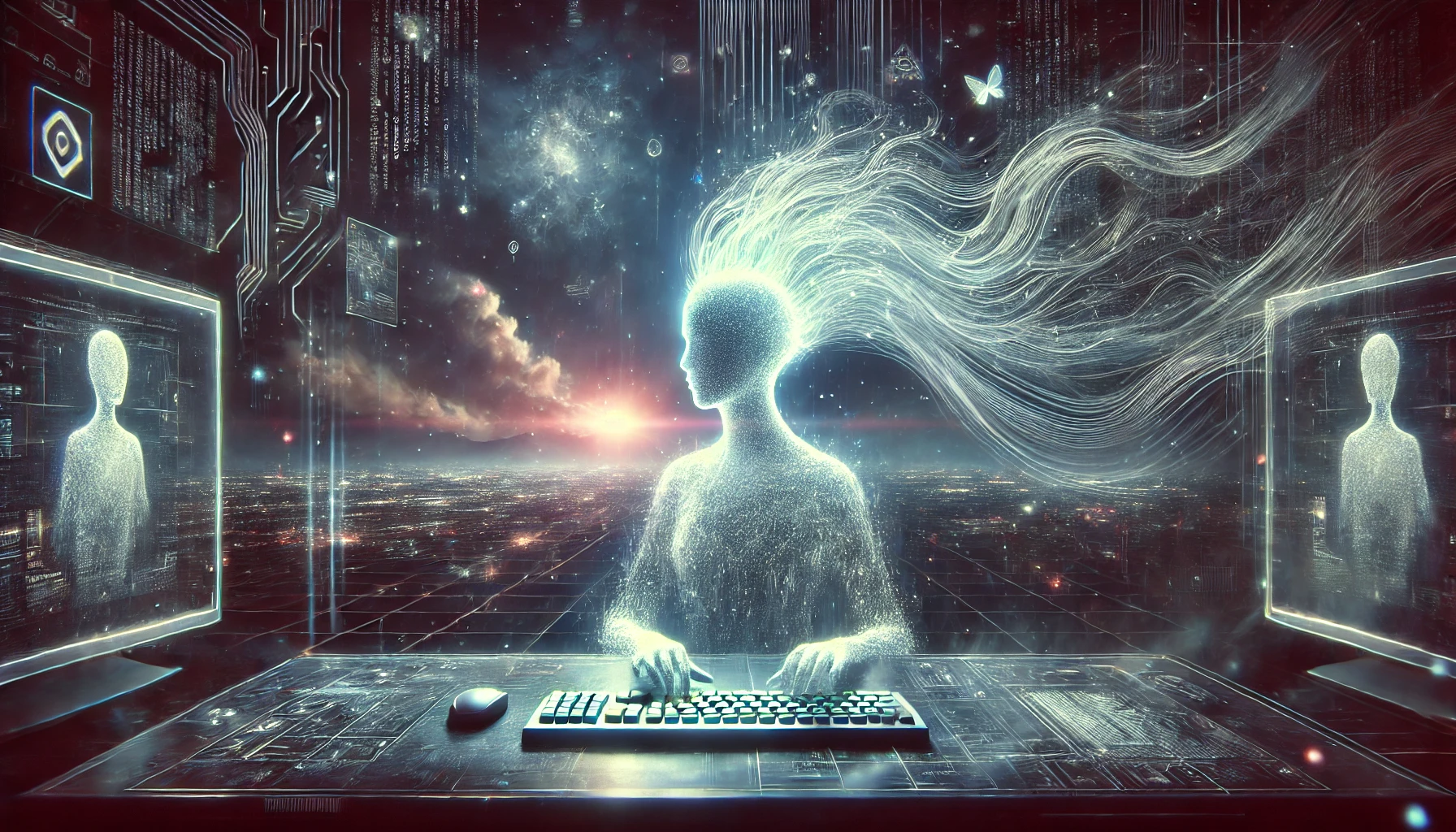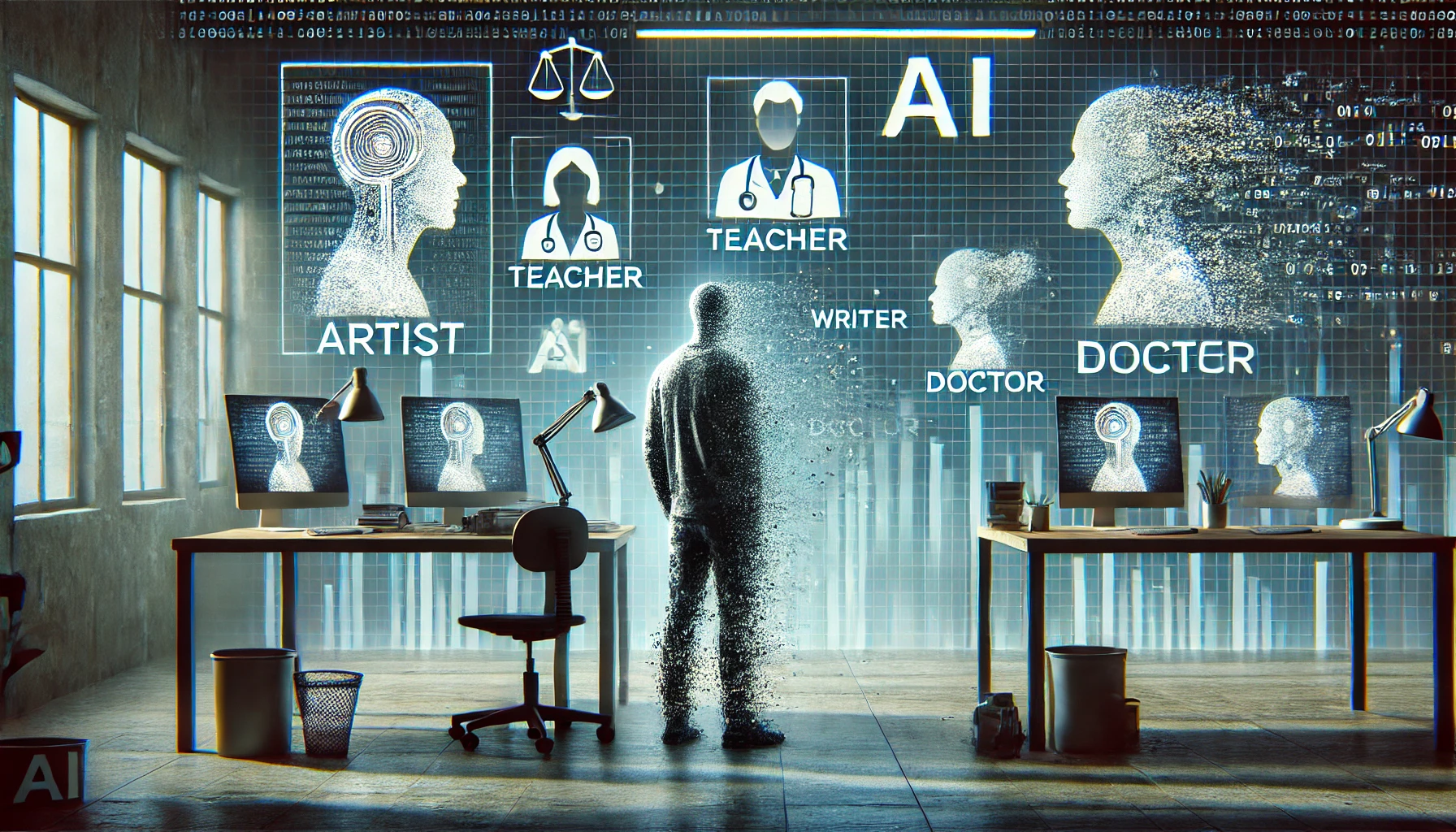Let’s be clear:
The robot uprising doesn’t look like mass unemployment. It looks like you still doing your job, but slowly realizing it doesn’t mean anything anymore.
You’re still getting paid.
Still showing up.
Still logging into Zoom and sending emails and copy-pasting things between tabs.
But deep down? You feel it.
The slow leak. The creeping sense that you’re just rearranging pixels while the machine hums behind the curtain, doing it faster, cheaper, and with better grammar.
This is not about automation.
It’s about alienation.
Because for a lot of people, jobs weren’t just about income.
They were identity.
A way to feel useful. A reason to get out of bed. A thing to say when someone asks, “So what do you do?”
Now?
You “prompt.”
You “curate.”
You supervise the machine that used to be you.
And you’re left with this hollow echo of purpose—like a ghost employee haunting a factory that runs itself.
The worst part?
We built this.
We made tools so good at imitating us, we started doubting our own value.
And nobody’s talking about the psychological fallout.
They’re just writing LinkedIn posts about “AI synergy” while quietly mourning the creative spark they outsourced last Thursday.
So no, AI isn’t stealing jobs.
It’s eroding the dignity that came with having one.
And until we stop measuring success by productivity alone, we’ll keep building systems that are efficient, scalable… and soul-emptying.

